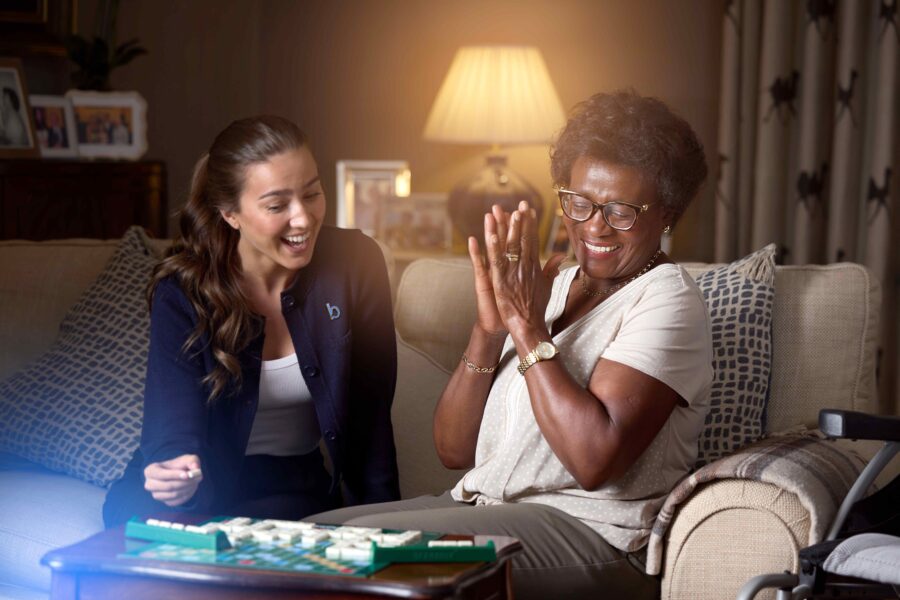Blog post
10 Tips to Protect Your Eyes This Firework Season

Matthew Burford BSc(Hons) Optometry MCOptom - Domiciliary Optician and Professional Services Manager at OutsideClinic
3 minute read time
“Fireworks are great fun but enjoy them safely. Fireworks can cause blunt force ocular trauma, chemical and thermal burns. It’s best to attend a professional display if you can or follow all safety suggestions.”
Matthew Burford, OutsideClinic Professional Services Optometrist

Every year, in the UK, around 300 people suffer serious eye injuries because of accidents involved fireworks, and ten of them lose their sight.
That’s why we asked our team of mobile opticians to share some practical tips and tricks on how to look after our eyes during firework season:
If you can visit an organised display
It’s the safest way to enjoy fireworks. It's critical to stay behind the barriers to prevent debris from entering your eyes and ensure your general safety.
If you’re hosting your own celebration
It's essential to always wear safety goggles when handling and lighting fireworks to prevent debris from entering your eyes. They can be worn over your regular glasses.
Only buy British standards fireworks
You should only buy fireworks that contain the BS 7114 mark on the box, indicating that they adhere to British standards.
Read the instructions carefully
When lighting the fireworks, you should read the instructions carefully and use a taper to light the fireworks at arm’s length.
Stay at a safe distance
After lighting a firework, move to a safe distance and ensure the firework has exploded before approaching again. Do not approach or touch unexploded fireworks.
Keep water nearby
Have a bucket of water nearby which should be thrown on fireworks that haven't exploded.
Wear gloves
If you're enjoying sparklers, make sure you wear gloves because they're extremely hot.
Holding sparklers
Always hold sparklers at arm’s length and dispose of them in a bucket of water once used.
Safety for children
Do not give sparklers to children under 5 as they're not toys - sparklers can reach over 1,500°C.
Seek medical attention
If anyone does suffer a firework eye injury seek medical attention immediately. Do not rub or rinse the injured eye or apply any ointments in the eye area. If you do, it could increase any damage and make it more difficult for a specialist to provide treatment.
When done carefully, fireworks can be a lot of fun for all the family, so whatever your plans are we wish you a great time celebrating with friends and family.

By Matthew Burford BSc(Hons) Optometry MCOptom - Domiciliary Optician and Professional Services Manager at OutsideClinic
Matthew graduated from Aston University in 2004 with a degree in Optometry.



